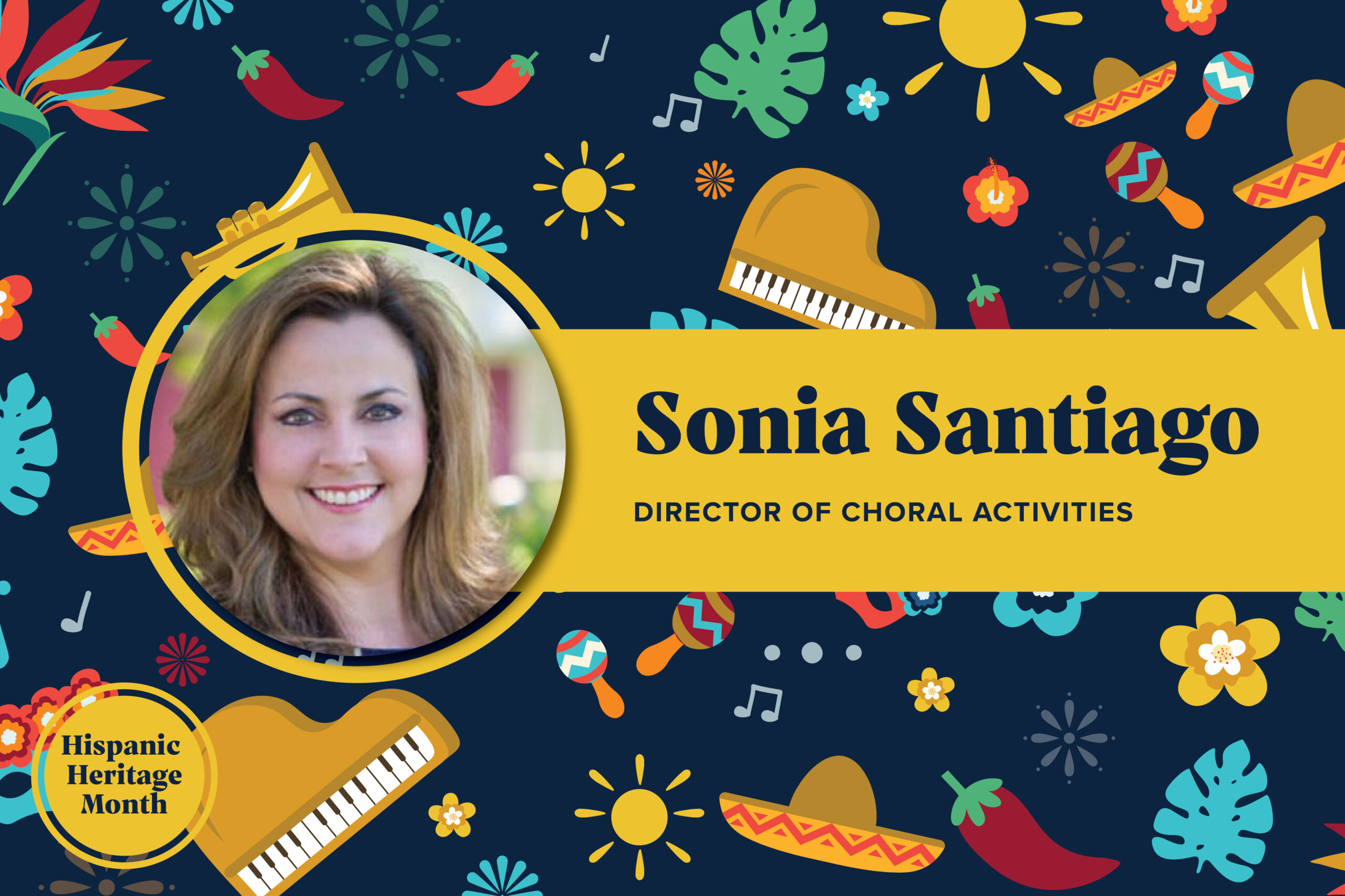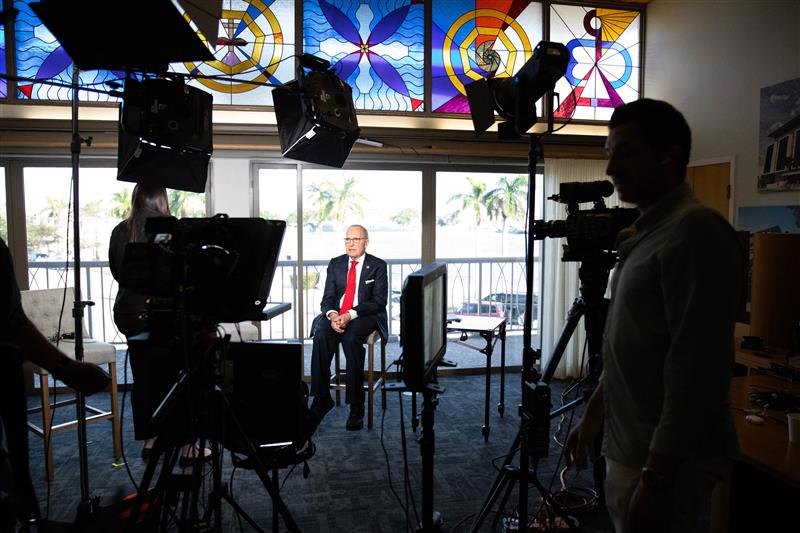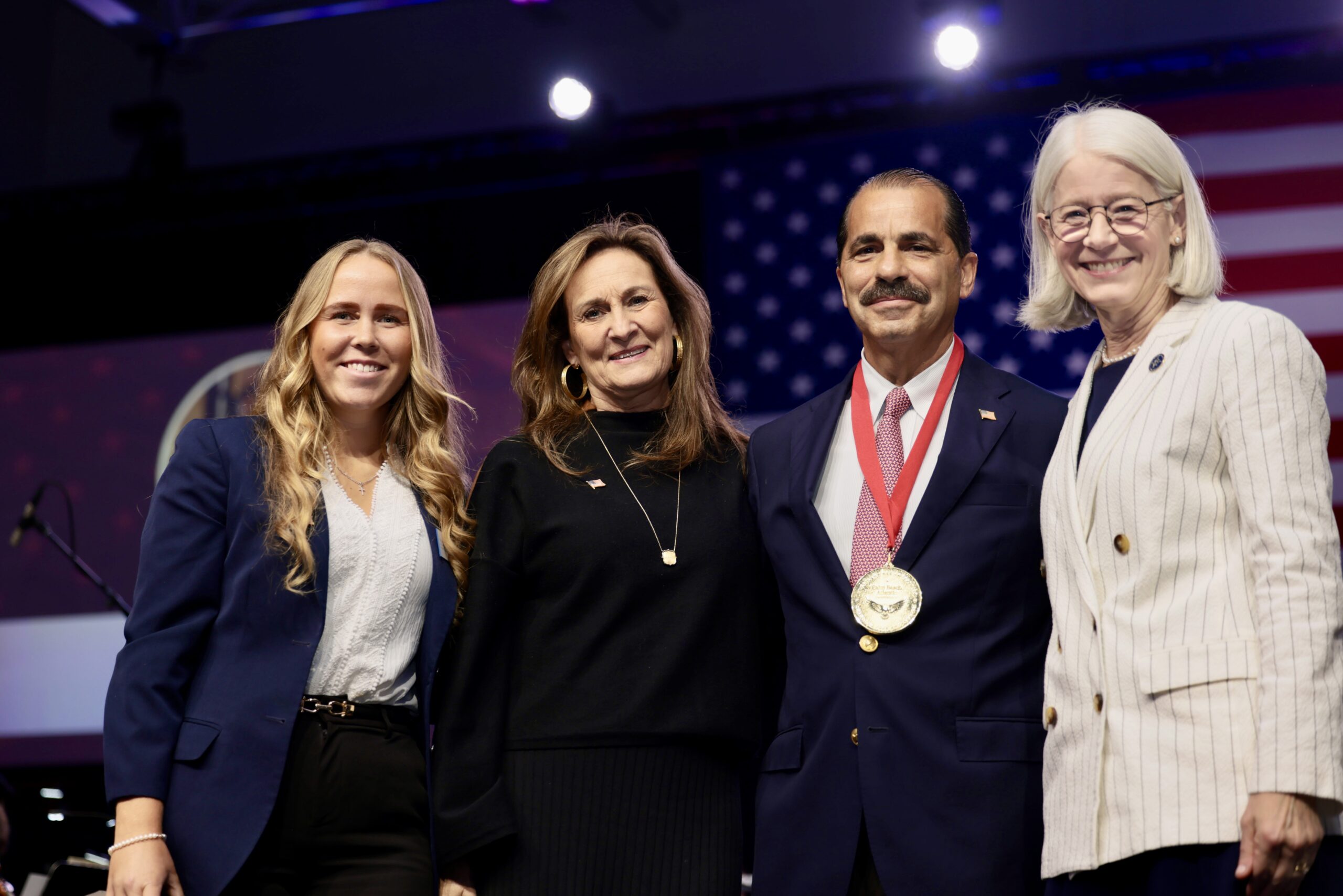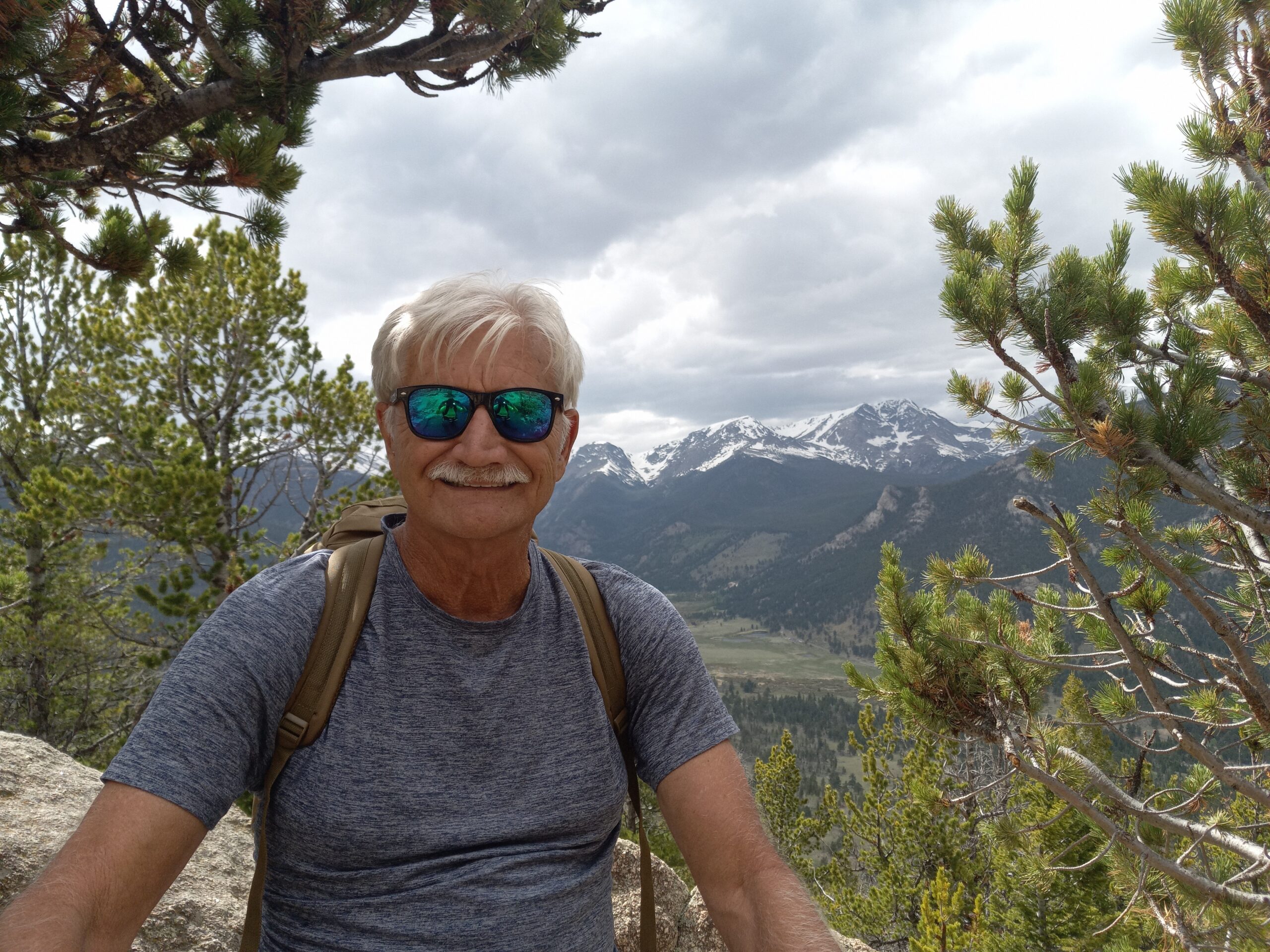Sonia Santiago, a professor of music and choir director at Palm Beach Atlantic University (PBA), is the first in her family to be born in the United States. Her parents, along with other family members, came from Cuba after fleeing Communism to seek better opportunities.
Sonia Santiago appreciates how her parents raised her in a “Cuban home on American soil,” explaining how they balanced honoring their heritage and appreciating their freedoms in their new home. She believes the unique way she was raised truly helped her have the best of both cultures.
Santiago’s father was close to finishing his education to become an attorney in Cuba when he packed up his family and moved to the United States. Her father recognized how the country, which had once been thriving economically and culturally, had become more corrupt as government officials took rights and property away from citizens.
Even though they came to the United States with very little, Santiago’s parents were prepared to work hard and make tremendous sacrifices to provide for their family. They lived in a small, two-bedroom apartment with several other family members and made do with clothes from Goodwill and whatever jobs they could find. Now, Santiago’s father has built hundreds of thousands of homes in South Florida as a licensed contractor and is a published author who is still writing even in his eighties.
“To see that, why would we not work hard? My parents exemplified hard work. I don’t think we realized till we got older how much they sacrificed for us to have a better life,” said Santiago.
Sonia Santiago is the first of her family to graduate from university in America. This is impressive because when she started kindergarten, she did not speak a word of English because Spanish was her primary language at home. While growing up bilingual was challenging at times, Santiago is now very grateful for the experience because it has made learning other languages easier and helped her perform pieces of music in them. She loves performing Cuban music, especially because she is able to connect deeply with the pieces.
“The [Cuban] music always, even to this day, gets me in my soul. It’s very joyful and celebratory…It has so much heart, soul, and spirit and always manages to move me,” Santiago said.
Her fluency in Spanish has also aided her teaching career. She is never thrown off when someone doesn’t speak or struggles with English. Santiago uses Spanish to communicate with students and their families in their own language, finding that this shows compassion and empathy towards others.
To Santiago, there is something uniquely “joyful” about Cuban culture. This joy is evident through the culture’s emphasis on faith, family, food, and music. Even in Cuba’s current dire political circumstances, she thinks the people can find a silver lining in knowing there is a country out there filled with opportunity. She hopes that those in Cuba today who have had these parts of their culture stripped from them are encouraged to come to the United States and build better lives for themselves.
Santiago enjoys sharing her culture and encourages people to ask questions. By making new friends and being open to new experiences, Santiago thinks people can expand their own horizons and connect with others on a deeper level. Santiago thinks especially there is a lot of “good” to discover in the culture of any Hispanic country regardless of the hardships the people might be facing.
“There’s such a wealth of cultures in the United States…when we learn from each other, we’re just better, because it brings us together,” said Santiago.
To learn more about PBA, visit www.pba.edu.



